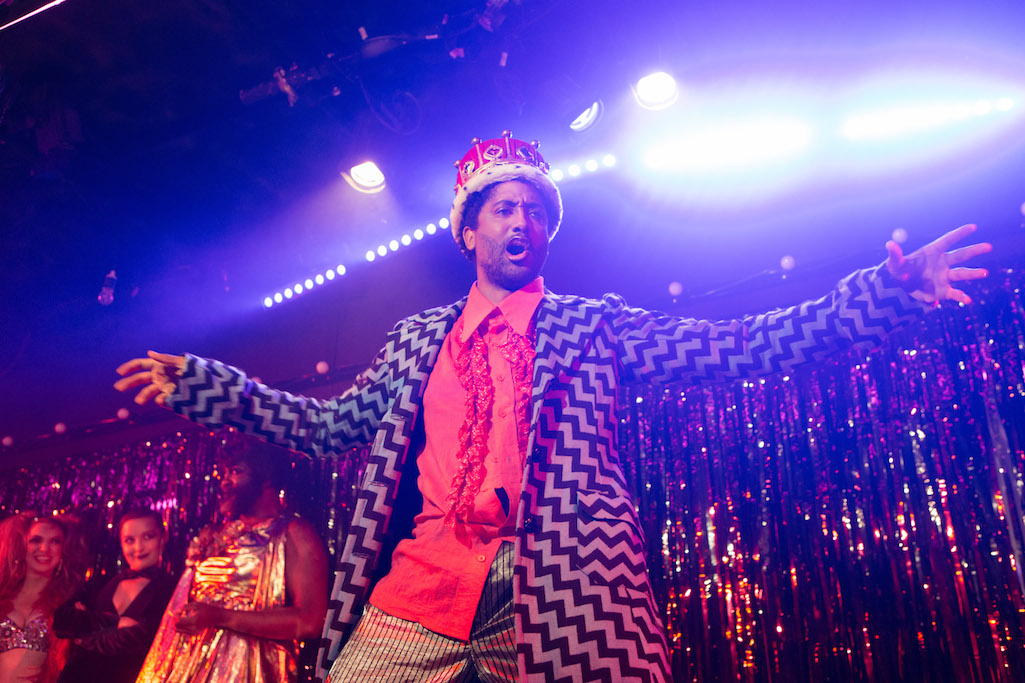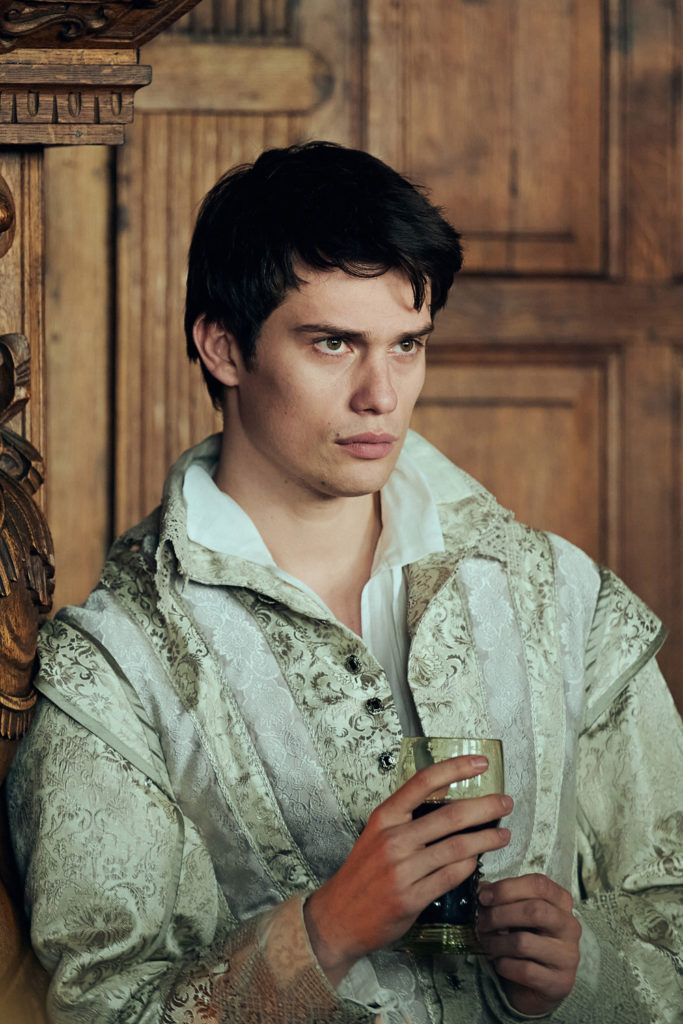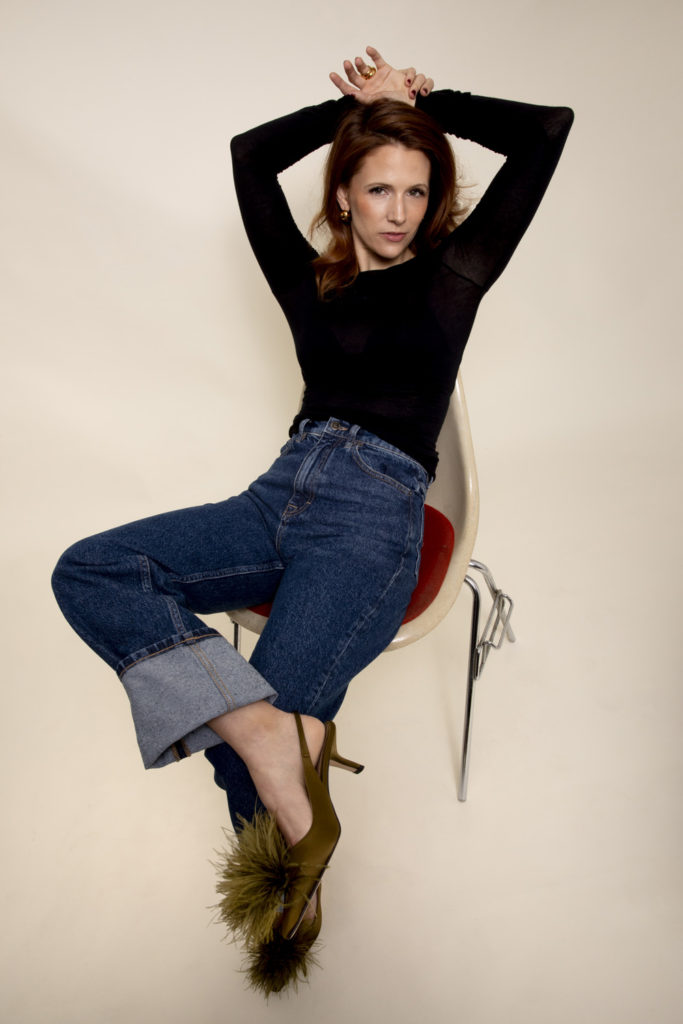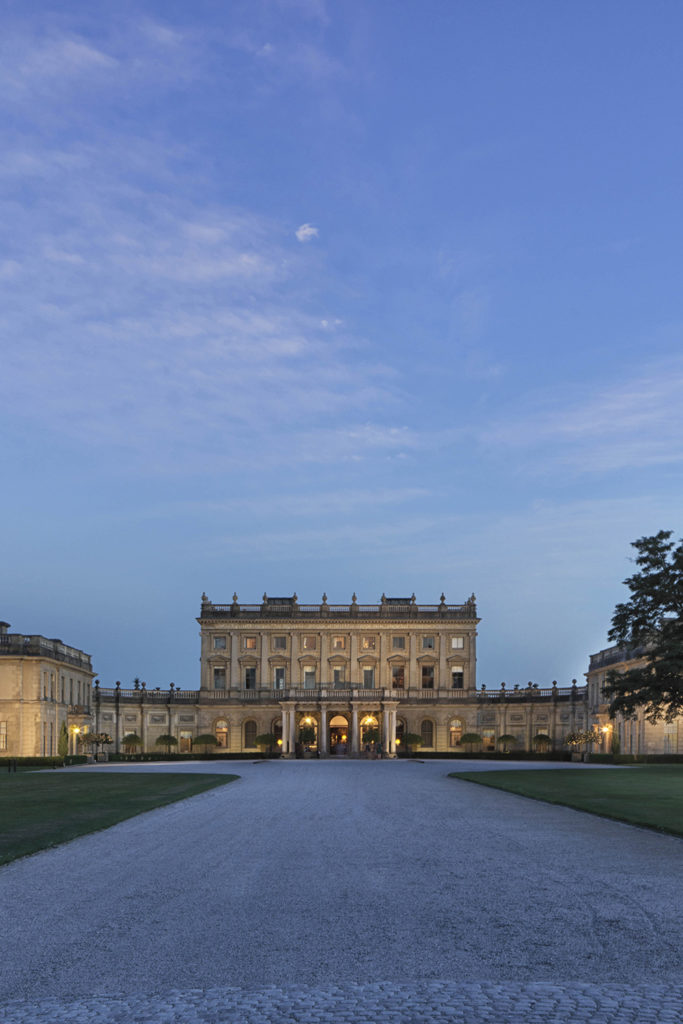Meet The Opera Singer Reframing Black Portraiture
By
5 years ago
Peter Brathwaite is the British baritone who's started an artistic, cultural and historical revolution – on Instagram

Amy Wakeham sits down with Peter Brathwaite, who used lockdown to start Reframing Black Portraiture, a fascinating project that puts black portraits back in the picture
Renaissance Man
Some people’s biggest lockdown achievement was mastering the perfect sourdough loaf (admittedly much harder than it looks). Baritone Peter Brathwaite, on the other hand, has started an artistic and cultural revolution – on Instagram.
Brathwaite’s a bit of a renaissance man: having started his singing life as a chorister, he went on to study Philosophy and Fine Art at Newcastle University, before returning to music full-time after graduation. His opera career thus far is a fascinating melange of classics, innovative new works and personal projects, working with the likes of Opera North and the English National Opera.
His Instagram revolution began with the #GettyMuseumChallenge hashtag that the LA-based institute started sharing on its social media feeds back in March, encouraging people to recreate works of art. Brathwaite decided to get involved, albeit with a twist: he would only use art that portrayed black people, from medieval tapestries to Kehinde Wiley’s 2018 portrait of Barack Obama.

Peter Brathwaite
‘It was to fill the big gaps that suddenly appeared in my diary,’ explains the opera singer, who was meant to be singing in an opera in Denmark when lockdown started.
Five months on, Brathwaite has created an impressive body of work, now entitled Rediscovering Black Portraiture. A fascinating artistic project in its own right, it’s also a historical deep dive: each post is accompanied by a caption exploring the history of the painter and sitter, as well as the significance of the objects included in the picture. ‘It’s an interesting journey that I’ve been on in terms of learning about the paintings and how to decode and decipher them,’ says Brathwaite.
Through recreating these portraits in minute detail, Brathwaite has discovered a history of art not usually discussed in textbooks, ultimately compiling what he calls a ‘comprehensive history of black sitters in Western art’.
The project also challenges preconceived ideas about black people’s presence in Europe from the medieval period onward, and the multiple and varied roles they have played in Western culture, art and society through the centuries. In particular, Brathwaite enjoyed learning about – and recreating – John Blanke, a musician in Henry VIII’s court, who is depicted twice in the Westminster Tournament Roll, which dates back to 1511. ‘He’s there alongside his fellow musicians, working at the highest levels. It’s incredibly inspiring for young people to see that image, and for me as a musician too. To see that there has been a heritage of black classical musicians from that time.’
It’s a history that you don’t often read about – and one that’s certainly not taught in schools. Reading through Brathwaite’s Instagram comments, you see calls for his project to be turned into a book and included in the curriculum for schools and universities.
‘It’s funny what you can learn by looking at a painting and recreating it, by getting beneath the surface and experiencing its world,’ muses Brathwaite. ‘Art is a really useful way of clarifying history and signposting it, of breaking it down in a way that’s easy to understand. Especially by recreating it because then you can bring humour in – which does a lot to open doors to this history when it can feel uncomfortable and difficult to deal with.’ And it’s already speaking to people – a few weeks ago, Brathwaite shared a post of a young boy’s recreation of Harold Gilman’s Portrait of a Black Gardener (1905).
Brathwaite has also made a point of championing unheard voices throughout his career as a baritone. For his Degenerate Music project – now Effigies of Wickedness, a co-production with the Gate Theatre and English National Opera – he collected and performed works that were banned by the Nazis during the Weimar Republic.
‘It was an opportunity to showcase some of the diversity and brilliance of the Weimar-era composers who were either murdered in the concentration camps or censored and exiled,’ Brathwaite explains. ‘There were lots of different voices from that period: black artists, queer artists, women, and they were all the cultural envoys of the day. They were doing things that we think of now as cutting edge.’

Peter Brathwaite in ‘Effigies of Wickedness’ at The Gate theatre, directed by Ellen McDougall. Photo: Helen Murray
Opera has had its own controversies in recent years around colonialist story lines, blackface and yellowface. ‘It’s important that we reframe and interrogate those stories and pull them apart for contemporary audiences,’ argues Brathwaite. ‘The repertoire is robust enough to take new directorial slants and interpretations. And addressing who’s on stage and who’s behind the scenes making the decisions is a huge thing to focus on in terms of moving towards a place where we’re truly diverse in our companies.’
Doing his own research into banned music made Brathwaite question the industry a lot more. ‘Having explored that repertoire, it makes me realise a lot more can be done to make people feel fully represented when they go to see an opera. Opera’s a wonderful art form and it’s only richer for having diversity. It’s about storytelling and that’s what’s at the heart of it. And there’s no reason why we can’t have a range of people telling those stories.’
Peter Brathwaite also wants to champion new operas, like The Time of Our Singing, a contemporary production he starts working on next year in Brussels about a German-Jewish scientist and his African-American wife in post-war New York. ‘This kind of story feels like the ones we should be telling now,’ he says. In the UK, he’s got a project in the pipeline with BBC Radio 3 for Black History Month in October and one of his images from Rediscovering Black Portraiture is featured in the new Getty book Off the Walls: Inspired Re-Creations of Iconic Artworks (Getty Publications, £10.99), with proceeds going to charity. One thing’s for sure, he’s certainly going to be busy.
It’s funny how a time that demanded everyone stop and pause for a while kick-started such a prolific creative endeavour. ‘I love to champion people who don’t often get to have their voices heard,’ explains Brathwaite, smiling.
instagram.com/peter_brathwaite; peterbrathwaitebaritone.com
Read More
The Exhibitionist: What Is The Future of the Arts Post-Lockdown? / Black Voices in Literature To Read Now









